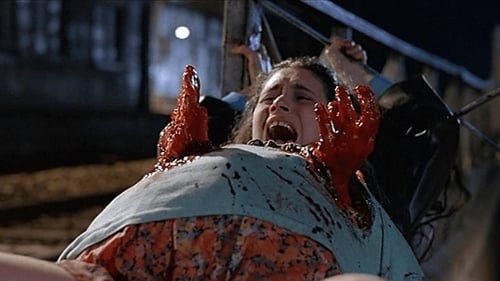
Sound
Written and directed by Hitchcock historian Noël Simsolo, this 2004 French television documentary explores the earliest years of Alfred Hitchcock's film career, beginning with his success in the production of The Lodger (1926) and following the filmmaker through his transition to sound films and his early thrillers.

Sound Director
A small Algerian town, off the beaten track of the war that is tearing the country apart. At the heart of the crisis that is destroying it, two young men, without work, without leisure activities, without hope, without anything... The film follows them in their daily wanderings between endless boredom and the expectation of the improbable. And shows their humour, their friendship, their will to live regardless.

Sound
A cruel circus owner beats and abuses his pregnant wife. One day the circus receives a leopard newly captured in Africa, but the animal soon dies. However, an evil creature that was inside the leopard bursts out of the animal's body, burrows into the wife's body and takes over her fetus. It soon starts demanding blood, and the woman goes searching for victims for her new "baby."

Sound Director
A young aristocrat is seduced by a young man who appeared to her in a dream one spring afternoon. Captive of this impossible love, the young girl is dying of melancholy. But the constancy of her love is stronger than death; she wins the pity of the judge of the underworld, manages to find her lover and come back to life. The opera "The Peony Pavilion" was composed in 1598 by the poet Tang Xianzu (1550-1617), one of the greatest playwrights of the Ming period. Of all the forms of Chinese opera that have followed one another since the 12th century, the kunqu is the one that best preserves the image of a classical art highly appreciated in educated circles for its musical, literary and gestural refinement.



